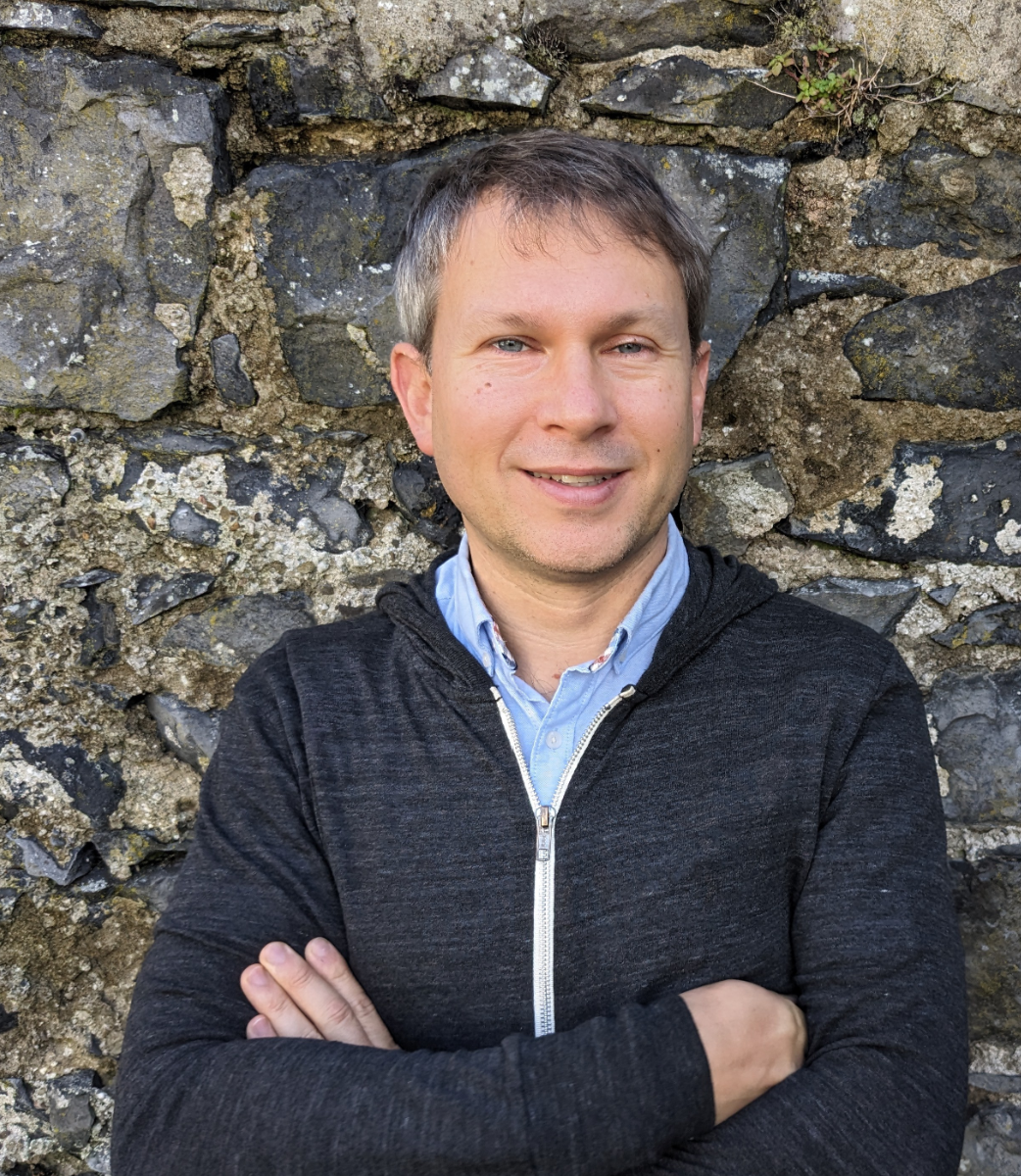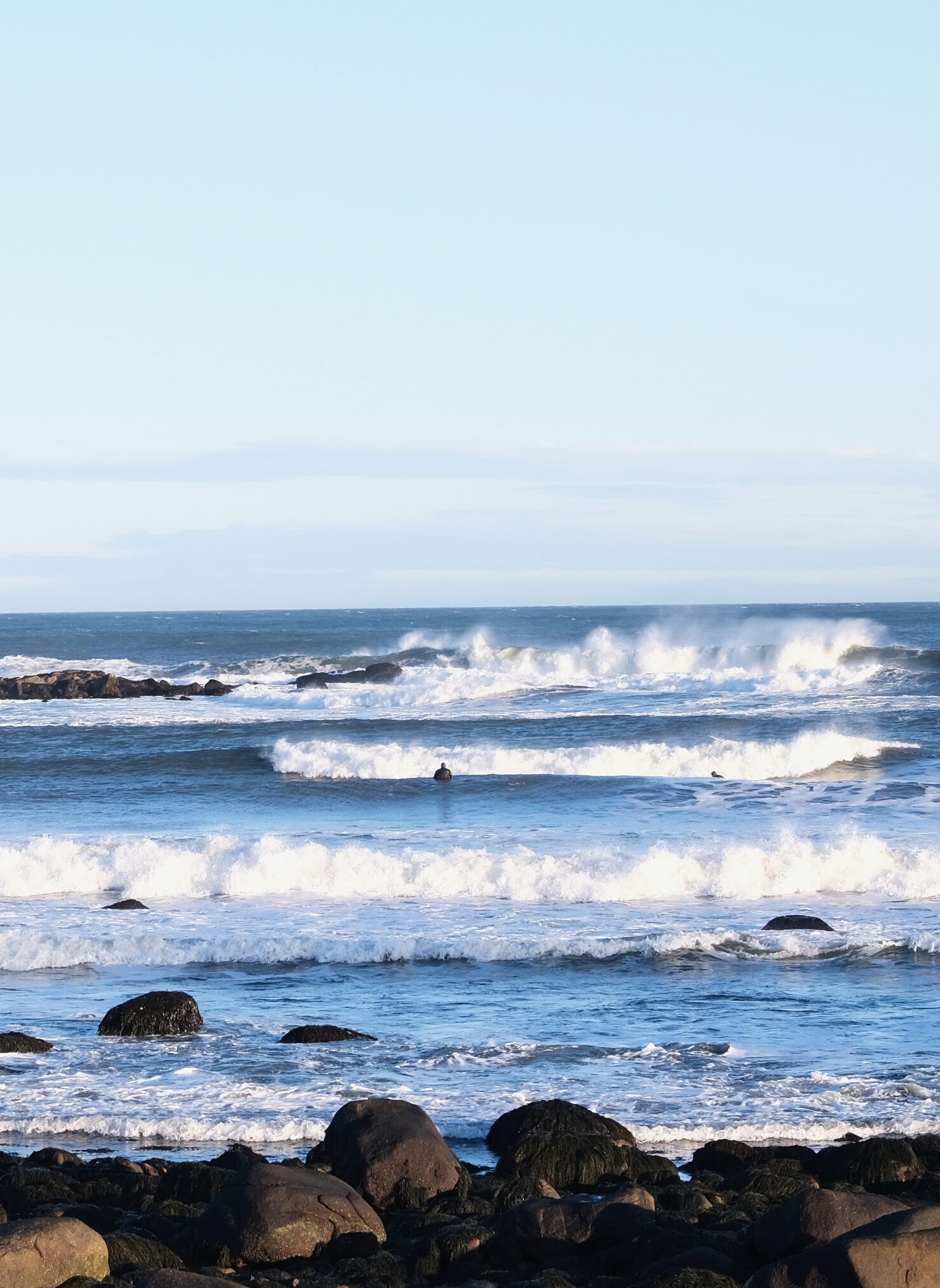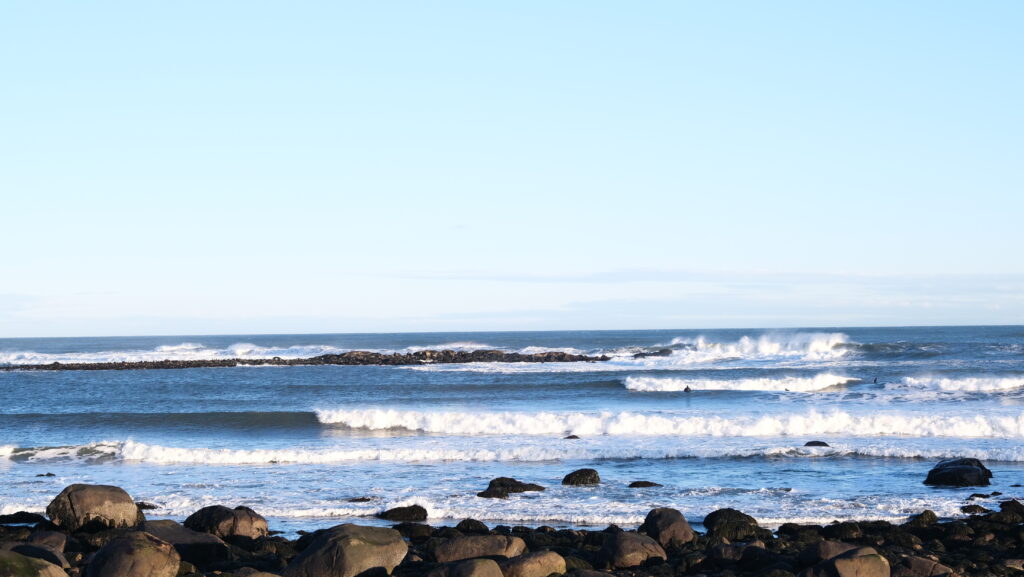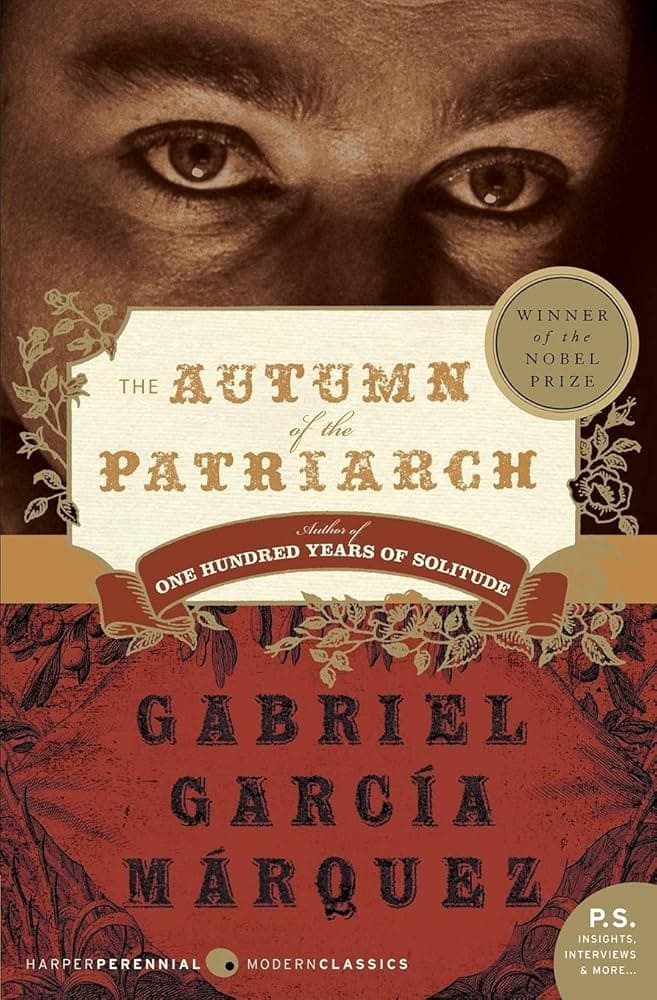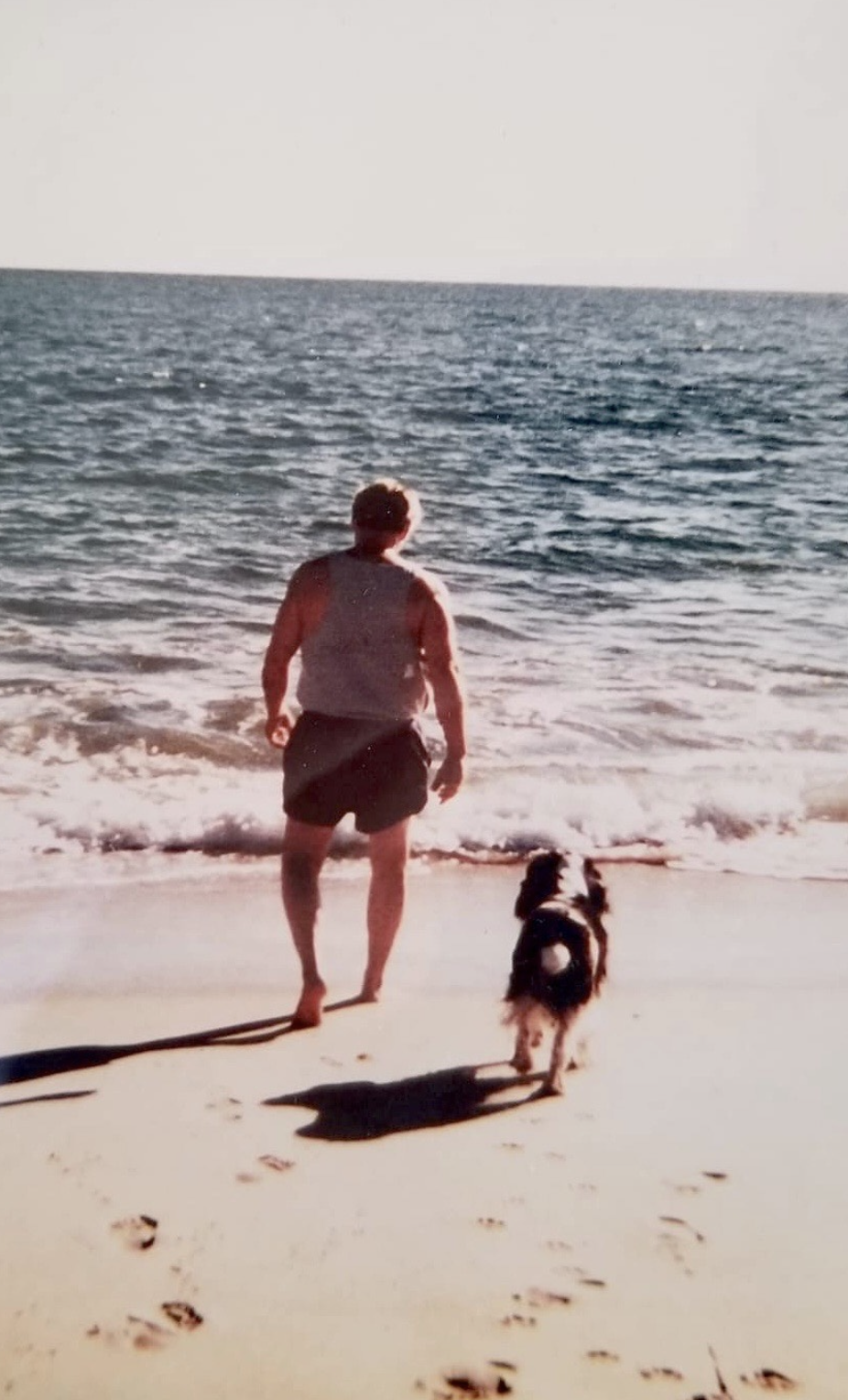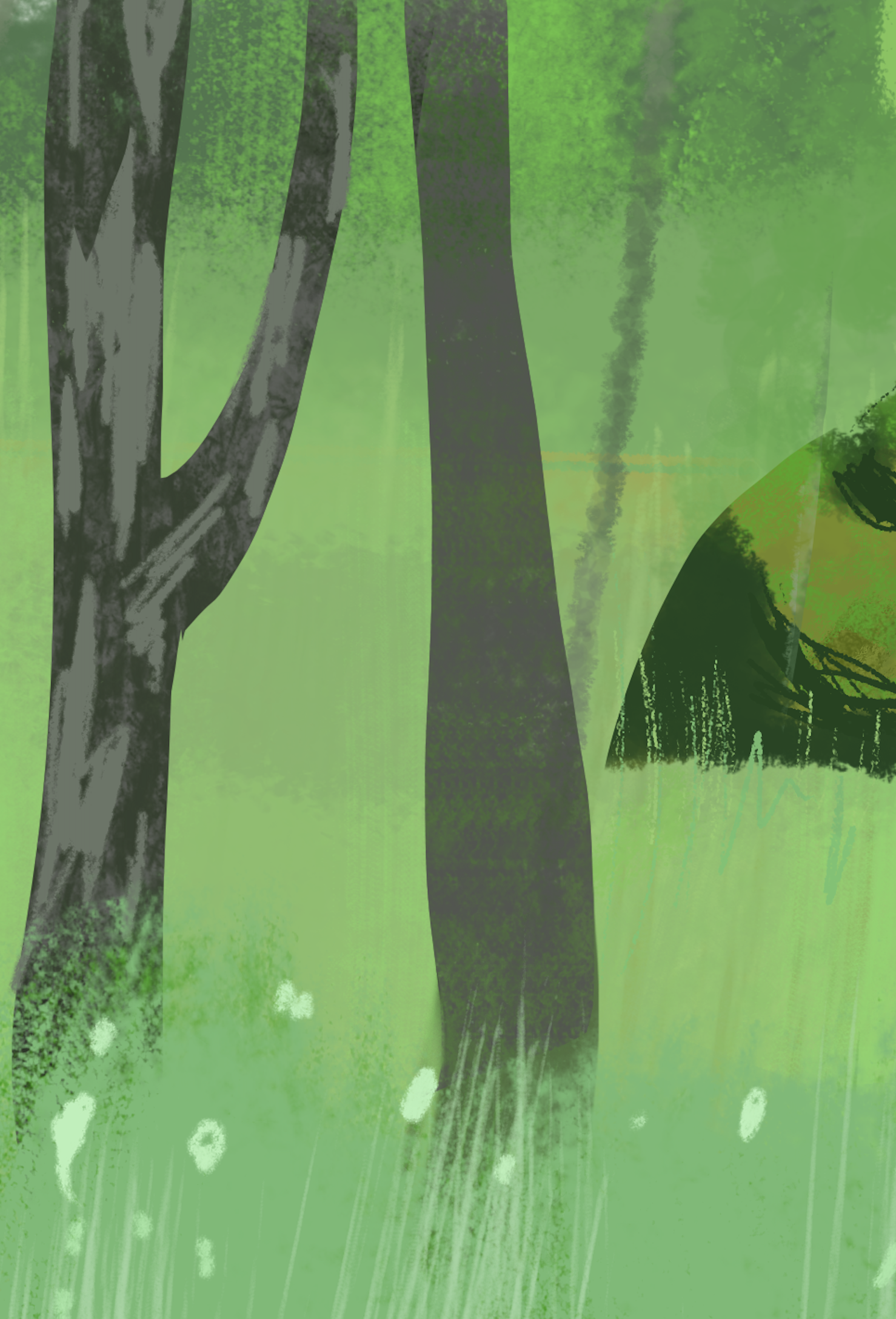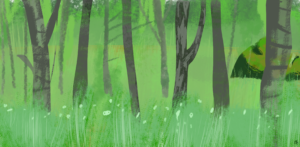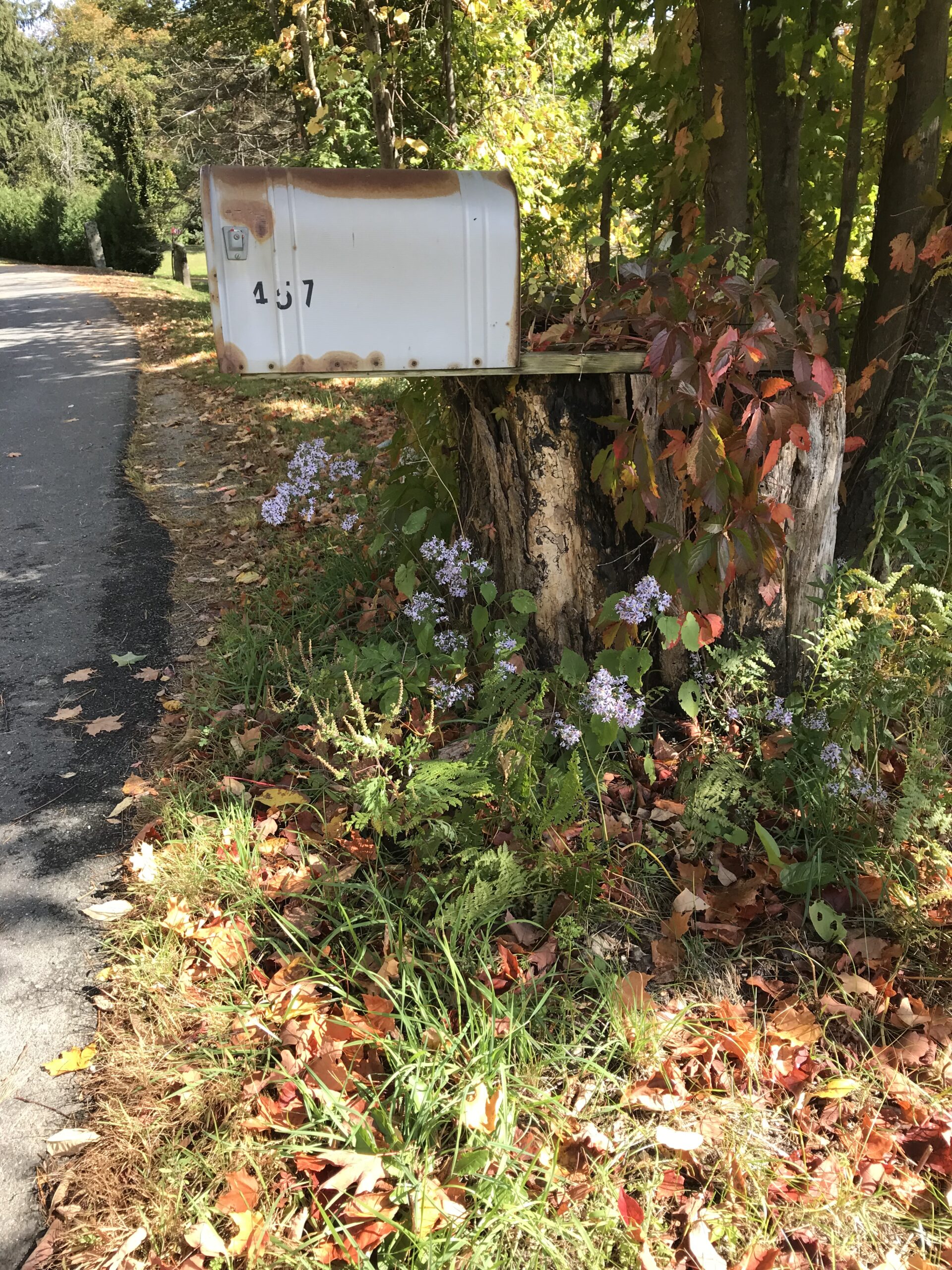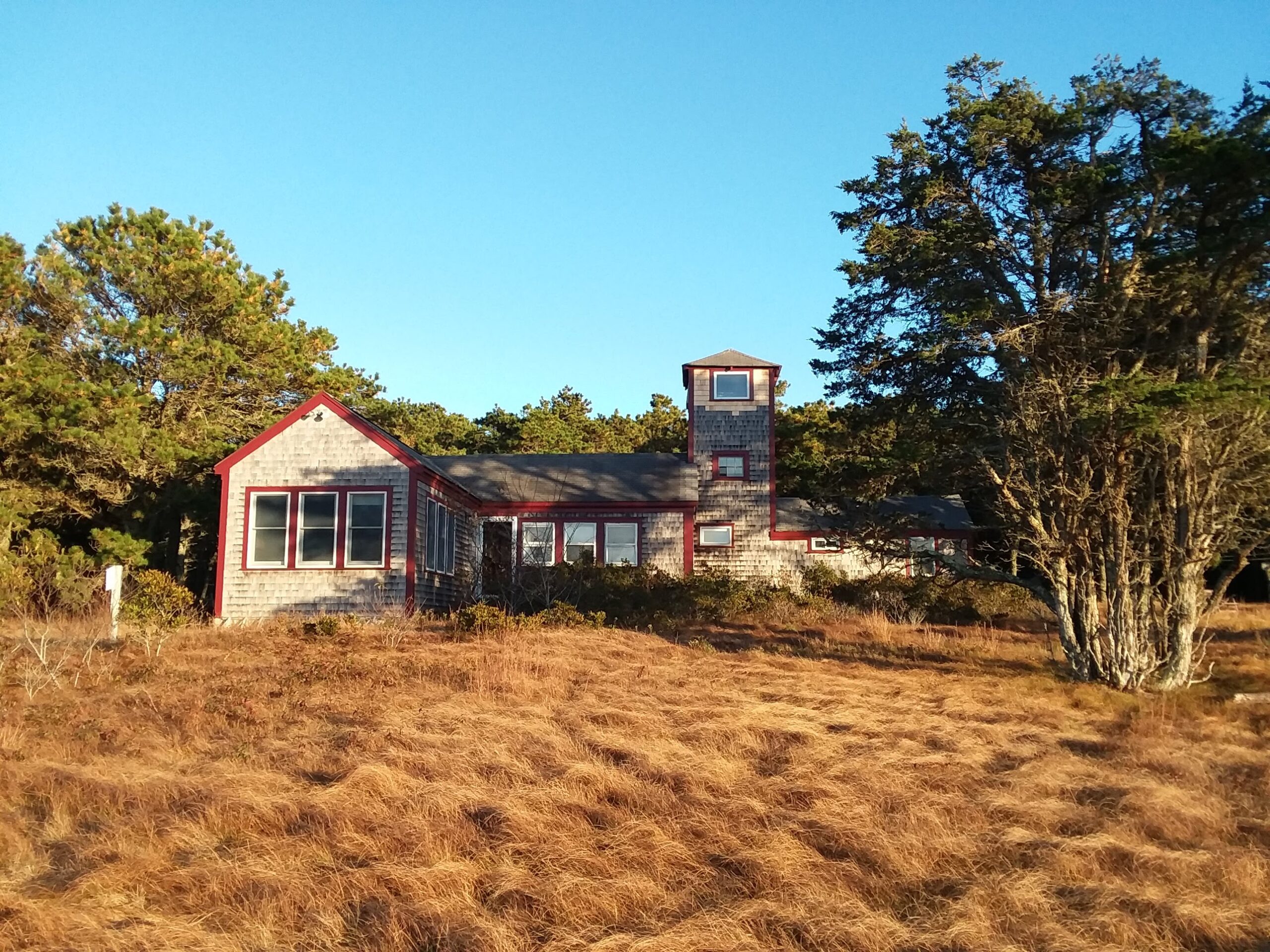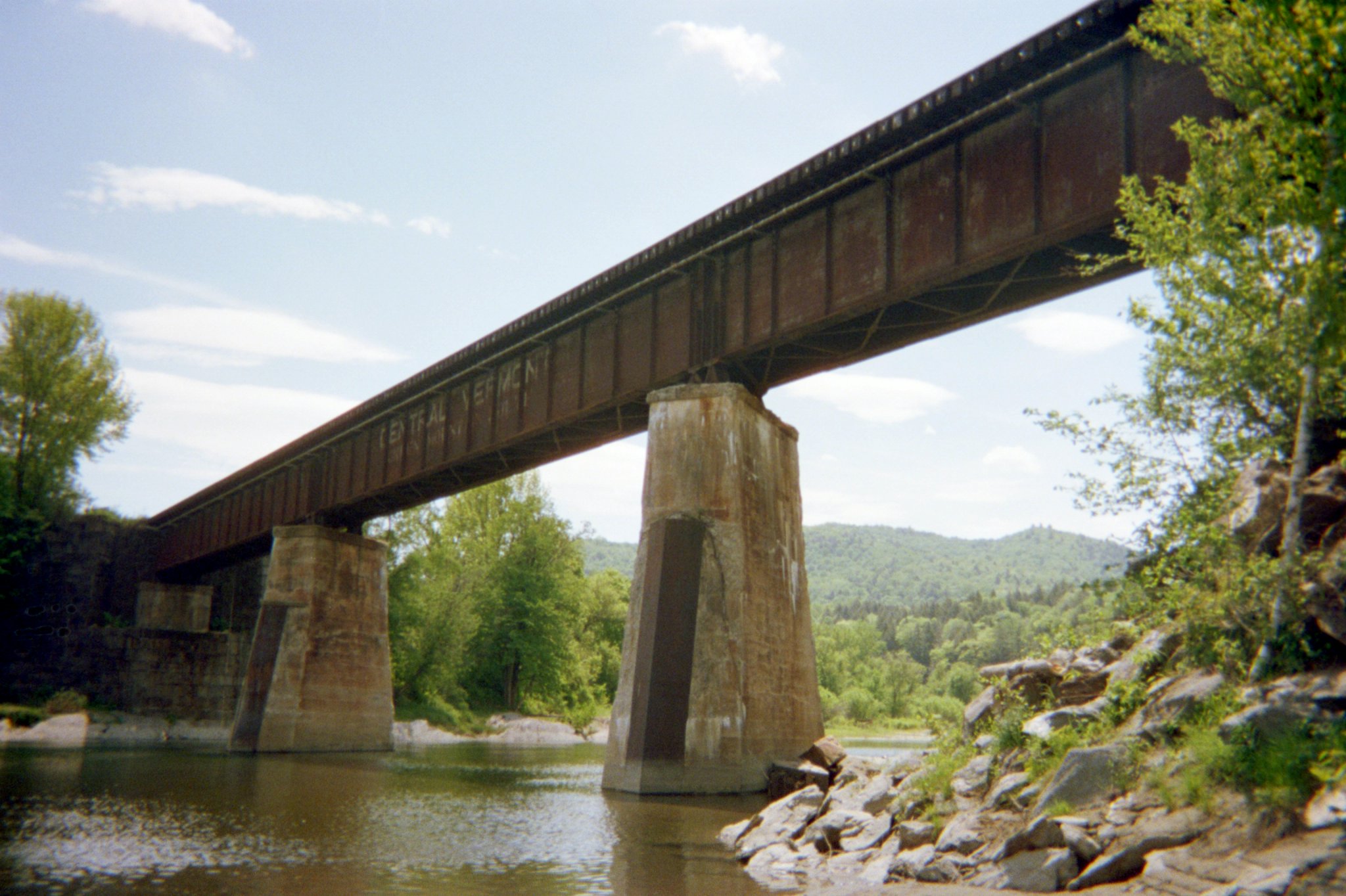
When ERIN FORNOFF, GUSTAV PARKER HIBBETT, and SEÁN CARLSON met over a drink in the lobby of the Arms Hotel, located on the main square of Listowel in southwest Ireland, they introduced themselves by comparing their American upbringings. Having grown up in North Carolina, New Mexico, and Massachusetts, respectively, they shared their experiences residing and writing in Ireland.
For Fornoff, Hibbett, and Carlson, their lives in Ireland have granted them new perspectives on their lives in the U.S. and welcomed them into new communities that help bring their poetry to life. Before leaving, they all paused for a photo beside a typewriter and a goose-feather quill pen on display under the gaze of a countertop cherub sculpture. In the longstanding hub of an agricultural community, where tractors still regularly cart calves to market, the traditional tools of writing also reinforced the lifeblood of local literature.
